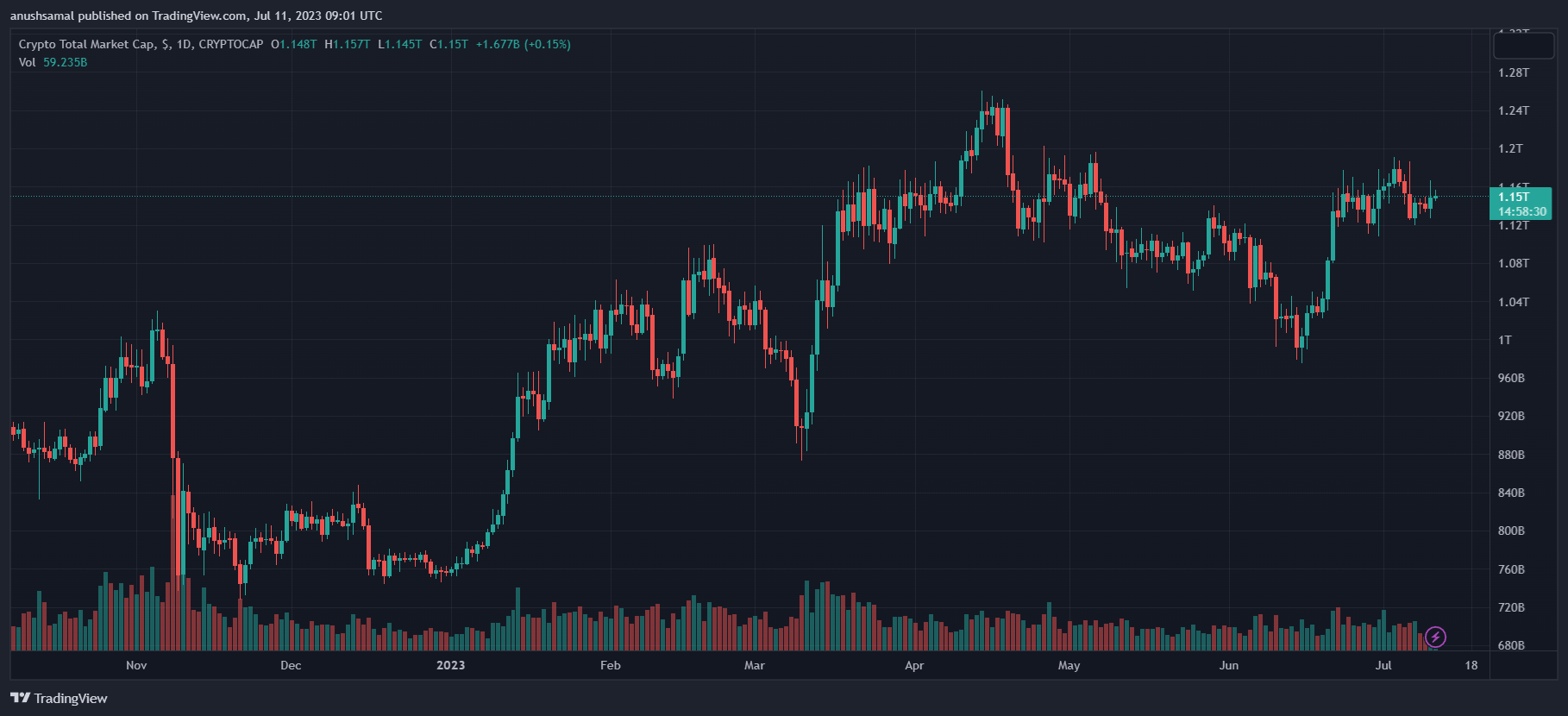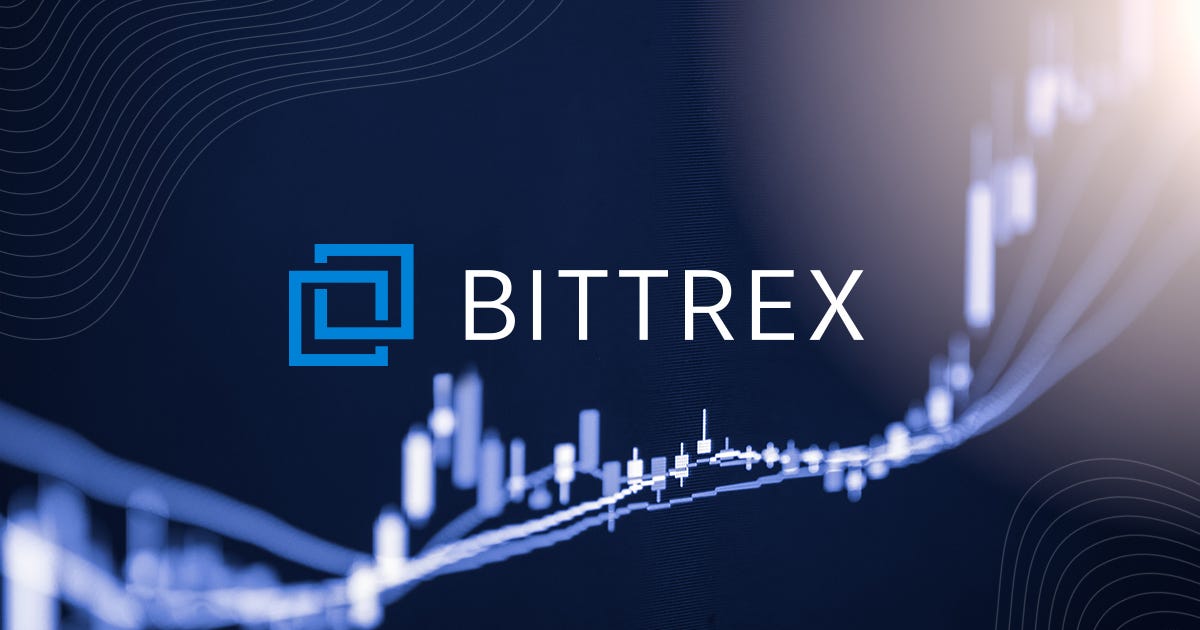Paradigm, a research-driven tech firm, has strongly criticized the United States securities regulator for its misguided pursuit of Bittrex, a crypto exchange, as part of its effort to regulate secondary crypto markets.
Paradigm’s special counsel, Seira has taken action by submitting an amicus brief in the ongoing case between the Securities and Exchange Commission (SEC) and Bittrex.
Seira argues that the SEC is exceeding its jurisdiction, with Paradigm echoing this sentiment in the filing. They contend that this regulatory approach constitutes an unwarranted expansion of the Howey test.
The Howey test is a legal criterion utilized in the United States to evaluate whether a transaction meets the definition of an investment contract. It serves as a benchmark for determining whether an offering should be classified as a security under federal law.
Paradigm mentioned in its blog post:
The SEC lacks the authority to regulate secondary markets for crypto assets because they do not involve ‘investment contracts’ and are therefore not securities transactions under the agency’s remit.
In a Twitter thread on July 11, Seira also highlighted a statement by SEC Chair Gary Gensler, where he acknowledged the lack of a robust regulatory framework for crypto exchanges.
Seira’s point was that Gensler’s own admission supports the argument that the SEC’s pursuit of Bittrex is unjustified and indicative of regulatory overreach.
SEC’s Accusations Against Bittrex Differ Significantly From Previous Cases, Says Siera
Rodrigo Seira mentioned in a tweet that the SEC’s claims against Bittrex and other crypto are “fundamentally different” from its previous cases involving token sellers. In those earlier cases, the SEC applied its regulatory authority to oversee fundraising schemes based on the Howey test.
Additionally, this is the second instance where Paradigm has extended its support to a crypto organization facing legal action by the SEC. Previously, on May 11, Paradigm sought permission to submit an amicus brief in support of Coinbase.
Paradigm’s argument in the brief was centered around the SEC’s alleged failure to offer transparent rules or guidance for digital asset firms operating within the United States.
Paradigm wrote in its blog on its Coinbase amicus brief,
Until the SEC engages in the rulemaking Coinbase has requested, the digital-assets industry is stuck in limbo, simultaneously told to come in and register yet having no effective means of doing so.
It also added that “This is not how administrative law is supposed to work.”
Related Reading: Vitalik Buterin Proposes Bitcoin Devs To Adopt Ethereum’s Approach: Build L2 Solutions
The SEC first filed a complaint against Bittrex on April 17, accusing the exchange of operating as an unregistered securities exchange, broker, and clearing agency.
Within two weeks, on April 30, Bittrex chose to surrender its Florida money transmitter license. Subsequently, on May 8, Bittrex filed for bankruptcy.











